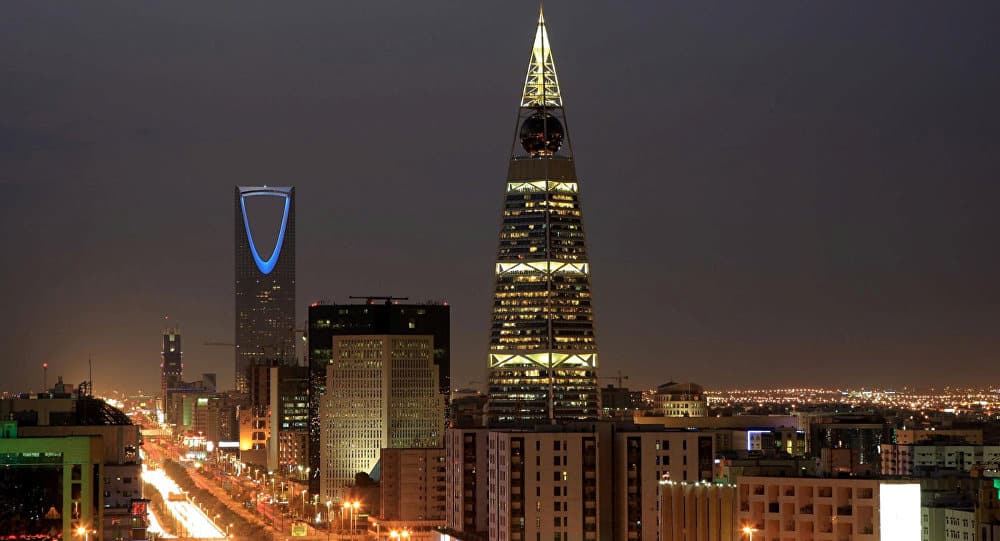
Saudi Arabia, the world’s top oil exporter, plans to keep its crude oil shipments in May below 7 million barrels per day (bpd) for the 12th consecutive month, the Saudi Energy Ministry said on Tuesday.
Saudi Arabia has been pumping below its OPEC target since January and reducing its crude shipments, particularly to the United States, as it turns its focus to cutting exports in an attempt to drain global oil stocks.
“Allocations to international customers were kept under 7 million barrels a day despite nominations coming in higher than the previous month as demand picks up seasonally,” the ministry said in a statement.
It gave no details on its production plan for May.
The Organization of the Petroleum Exporting Countries (OPEC) and non-OPEC producers led by Russia have agreed to maintain oil output cuts until the end of 2018 aiming to reduce global inventories and boost oil prices.
OPEC has made the five-year average its main target and managed to reduce the glut to around 74 million barrels above that benchmark, from above 300 million when the cuts began in 2017.
A spokesman for the energy ministry said that Saudi Arabia “reiterates its steadfast commitment to restoring inventories back to their normal levels.”
“Saudi Arabia continues to lead by example, producing less than its ceiling… despite seasonally rising domestic and international demand, and looks forward to all OPEC and participating non-OPEC countries maintaining or exceeding full conformity with their commitments.”
Saudi Arabia also reported its March oil production at 9.91 million bpd, the ministry said. This is below the kingdom’s output target of 10.058 million bpd under the global supply cut agreement.
OPEC has delivered more than 100 percent of the output cuts that members pledged under the deal, according to figures from OPEC and other analysts, helped in part by an involuntary drop in Venezuela, where output is falling amid an economic crisis.
OPEC meets next in June to decide its output policy. Global oil producers agreed they should continue cooperating after their agreement expires at the end of this year, Saudi Arabia’s energy minister Khalid al-Falih said in January. (Reporting by Rania El Gamal; Editing by Adrian Croft)
























